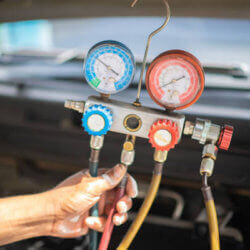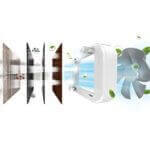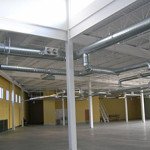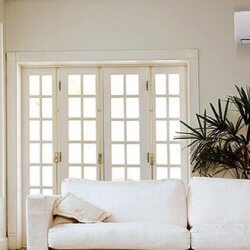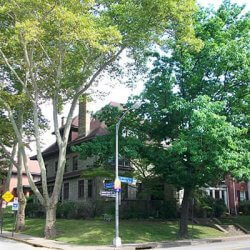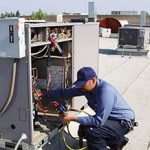The electric furnace is usually not the most preferred choice when it comes to choosing an economical heating option for your home. Electricity is costlier than natural gas, and if you are not able to run your electric furnace efficiently, you could be getting sky-high energy bills during winters. But apart from the cost, there are several advantages of using an electric furnace too, which is why many homeowners prefer them over gas furnaces. For instance, electric furnaces are often considered safer than gas furnaces. Also, many homes do not have a supply of gas from municipal lines, which makes it inconvenient to use gas furnaces.
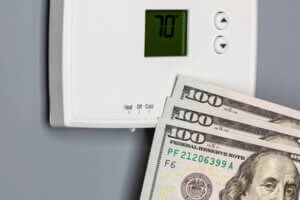
If you do have an electric furnace at your home, knowing how to run it efficiently and carrying out routine maintenance is essential. To schedule regular maintenance of your furnace in St. Louis and the surrounding areas, call the heating and air conditioning experts at Galmiche & Sons at 314-993-1110.
Operating Your Electric Furnace Efficiently Can Lower Your Energy Bills
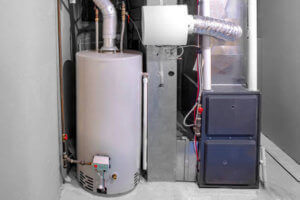
To make sure that your electric furnace does not increase your energy bills this winter, follow these few tips for running the furnace efficiently.
- Keep all doors and windows closed: Open doors and windows can cause heat to escape from your rooms. If you keep any of your doors or windows open, your furnace will keep cycling on and off more often, trying to compensate for the lost heat. It is best to keep your home completely sealed when you are using your heating system. Though it might mean that you do not get fresh air from the outside, there are solutions to that too. You can open the doors and windows during the day when it is warmer, to let fresh air and sunlight in. You can also install an air purifier to ensure that the air circulating in the house is clean and fresh.
- Set your thermostat at a reasonable temperature: We often forget to turn the thermostat a few notches down when we are not home or when the temperature outside is a little warmer. Also, on really cold days, we tend to turn up the thermostat a little more than we need to, even if we could have been comfortable with a few degrees less. This kind of user behavior causes unnecessarily high energy bills. Set your thermostat to a reasonable level instead, a temperature at which you are comfortable without the furnace consuming too much energy. The Department of Energy suggests 68 degrees Fahrenheit as the optimum temperature for indoor air in winter.
- Detect air leaks and fix them: Even if you keep your doors and windows closed all the time, there could still be leakage of warm air from your home through openings. Check if your doors and windows are properly sealed or do they have gaps through which warm air could escape. Also, make sure the fireplace or any other openings are sealed when you run the heating system. Preventing the leakage of warm air from your home will help the electric furnace heat up your rooms much faster with minimum energy consumption.
- Capture sunlight during the day: To help your electric furnace run a little more efficiently, you can use other sources of heat like sunlight. Open the blinds and curtains in your home during the day to let the sunlight in. This will heat up your home to an extent, and the heating system will have less work to do.
- Carry out regular maintenance of the furnace: Regular maintenance of the electric furnace is a must for efficient operation. If you invest in maintenance, you can detect faults or damages at an early stage and fix them in time to prevent any major problems. It also ensures that you keep getting clean, warm air with lower utility bills.
Hire a Trusted HVAC Contractor for Electric Furnace Maintenance in St. Louis
If you are looking for HVAC technicians in St. Louis for routine maintenance of your electric furnace, hire only the most reliable technicians. Galmiche & Sons has been providing HVAC maintenance and furnace repair services in St. Louis since 1950.
Get in touch with our heating and air conditioning experts to find out how we can help you.



